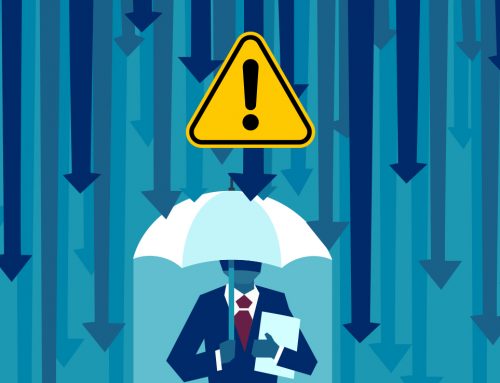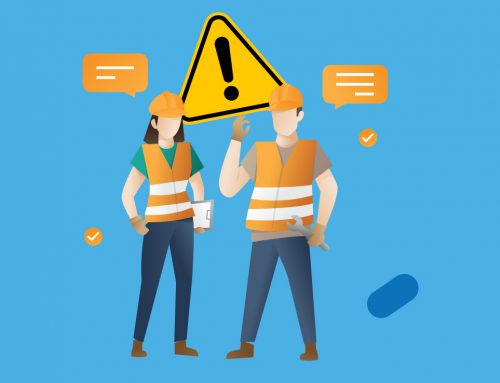Debt collection agencies are tasked with the difficulties inherent in capturing past due receivables.
This post gives a background on the business of debt recovery. It will help you understand and appreciate the difficult work taken on by collection agencies. What rules govern the industry? What is the number one reason that collections are often outsourced? How is it that collection agencies can be successful when in-house efforts fail?
Collection Agencies and Risk
Debt collection agencies are tasked with recovering past due funds.
The first thing to understand about debt collection is that it is not a simple or easy process. The most obvious reason why this is true is that the steps necessary for negotiating financial recompense from a person or a business require a delicate psychological balancing act between being firm but fair.
But the complexity of the profession extends far beyond “client wrangling” because the rules regulating collection agencies are far-reaching, varying by local, state, and federal laws and regulations. If one slip up occurs in how a past due client is contacted, it could levy massive fines and a public relations nightmare for both collection agencies and the businesses that employ them.
This is one of the reasons why the idea of in-house collections is often discarded for professional assistance from collection agencies. The work carries a high risk that is often better left to the pros. Some of the rules governing collection agencies include the Fair Debt Collections Practices Act, which regulates everything from when a debtor can be called to how. The law dictates:
- The number of times and how a person or business can be contacted;
- How collection agencies handle personal information;
- What collection agents can say to the client;
- Sets time limits for when debt can be collected;
- And much more.
There are also consumer protection statutes that vary by state, making for a complex mishmash of rules governing an already complicated and difficult profession.
Part of it is that collection agencies often specialize in a particular subset of debt. For example, healthcare past due accounts or student loans could be one area of specialization. Firms like Rocket Receivables have also invested heavily in technology to ensure the accuracy of the data that they’re working on. This is crucial to helping collection agencies stay legal. For example, a small collection agency that lacks the digital tools to validate data could be fined for “harassing” consumers that have created payment arrangements or otherwise fulfilled their obligations.
This disorganization can be mitigated by the right technology and collection agencies are increasingly tasked with using these tools to reach consumers. Technology can automate many of these tasks, saving time and money and ultimately making the agency more efficient. The average business that is attempting collections in-house usually doesn’t have access to the same kinds of tools or the same kinds of professional collection agents that make the professionals so successful.
To request info on how Rocket Receivables helps clients navigate the complexities of debt collection, contact us today.






